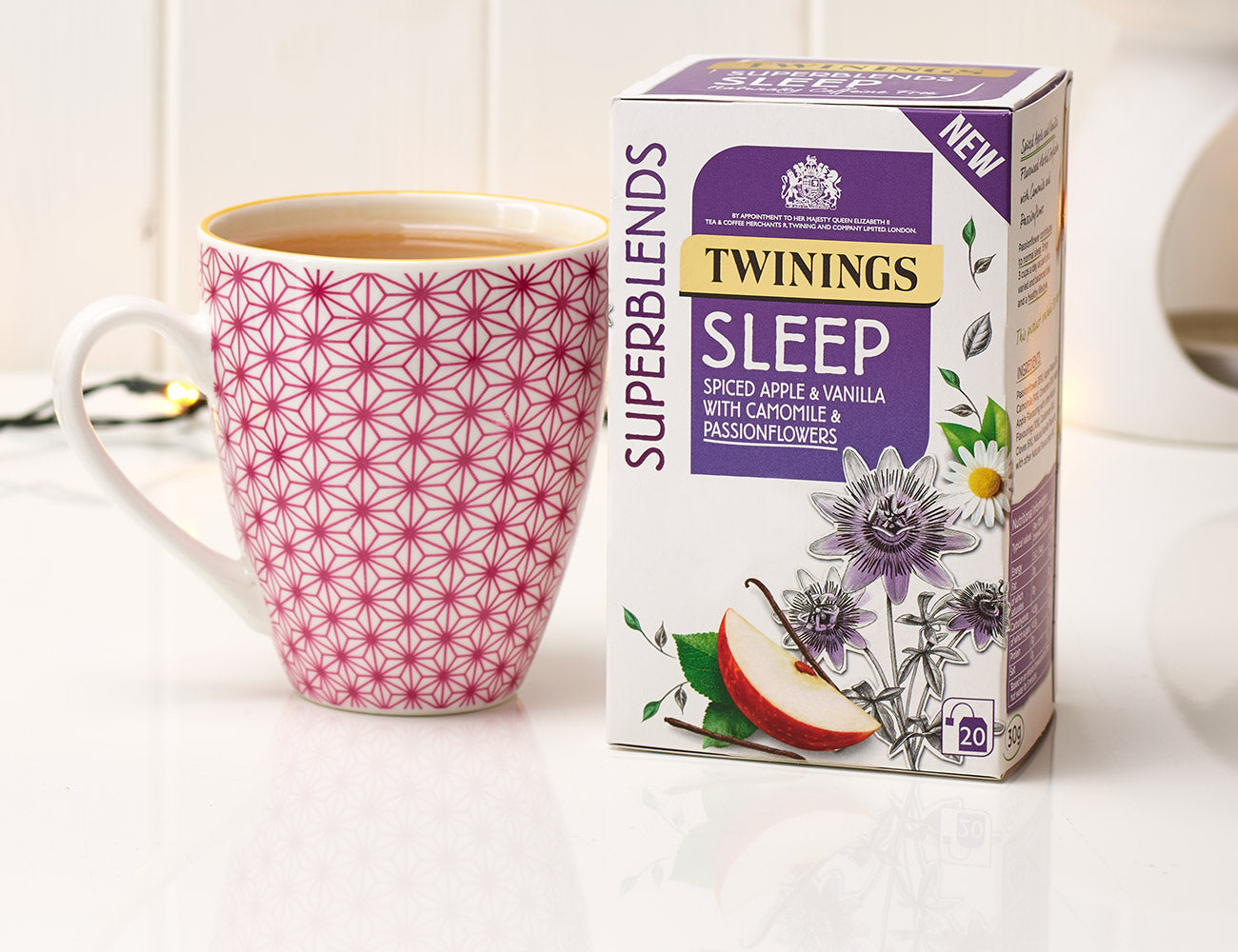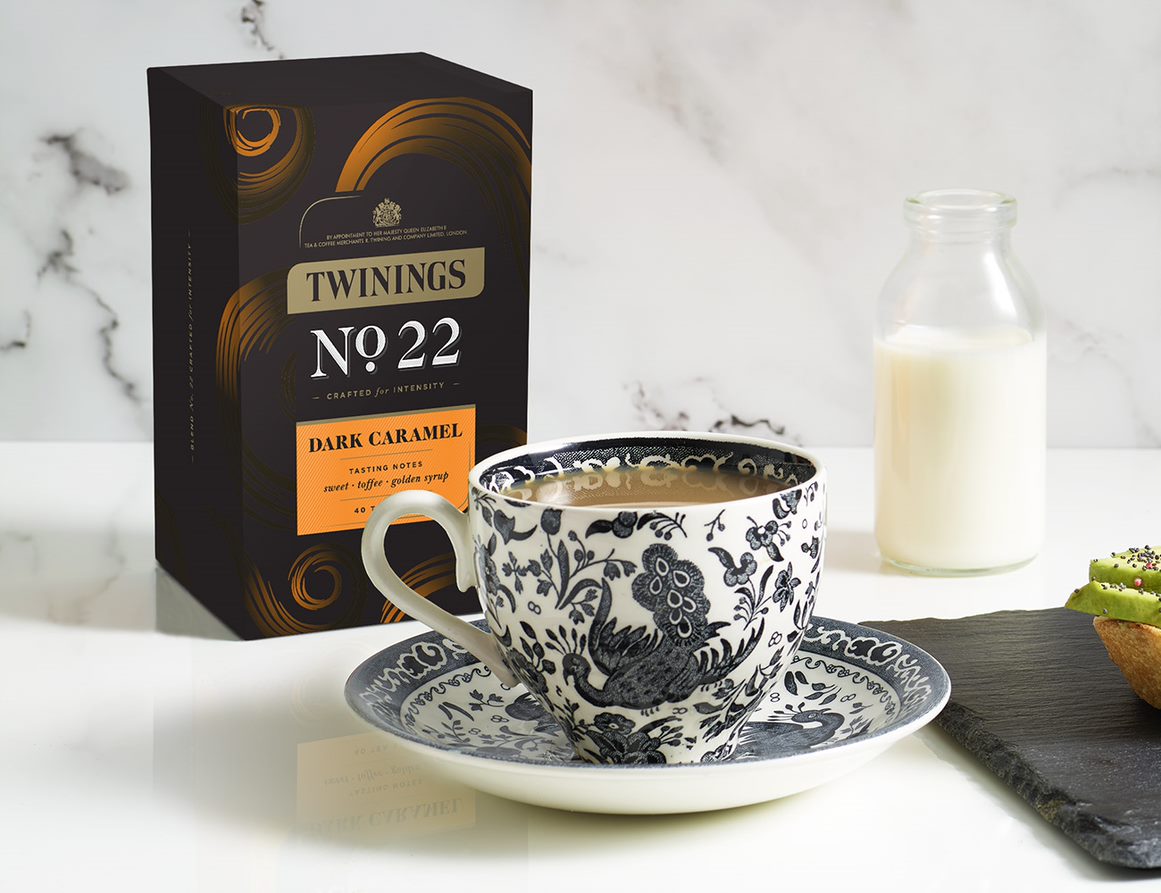Great Milk Alternatives - The Best Dairy-free Cup of Tea
We gathered a group of tea lovers and asked them to put dairy-free milk alternatives to the test with their favourite cup of tea.


Have you recently taken a look at the 'alternative milk shelf' in your local supermarket. The choice of dairy-free alternatives is just amazing and compared to a few years ago quite affordable, too.
But despite all of the apparent health benefits, and the fact that with the rise in stardom of relevant food bloggers such as Ella Woodward of Deliciously Ella who champions the use of alternative dairy products in her vegan cookery books, which have joined the ranks of mega stars like Jamie Oliver and Nigella Lawson this past year; one question still remains: are we, as a dedicated and loyal nation of tea drinkers prepared to take the plant based food revelation one step further ... and put it in our tea?
Time to explore how an increasingly adventurous generation of tea drinkers in search of healthier alternatives to dairy for use in their everyday diets is getting on. We gathered a group of tea lovers and asked them to put dairy-free milk alternatives to the test with their favourite cup of tea.
Here Is What They Had to Say
Were they ready to ditch dairy? The answer from one health conscious friend of mine recently, was a resounding 'no'. Amongst a fridge door lined with almond, soya milk and the like, stood one lone pint of old faithful semi-skimmed. When I inquired as to its very existence in her ordinarily dairy free life, the answer delivered with the slightest hint of guilt: 'it's just for my tea'.


Could it be that the often sweeter, richer tastes of nut and rice based milks is just one step too far for the more traditional tea lover's palette? Intrigued by the question of how committed we are to preserving that pure tea taste, I decided to carry out a taste test.
Would my group of eight friends amongst them a nutritionist and two nurses, always keen to explore the 'healthy option', be sold on the idea of using dairy free milk in their tea as a regular replacement? Were we prepared to convert completely, and at what cost to tea as we know it?
Milk Alternatives for Sugar Takers
Amongst my group of taste testers are Emma, who has been taking the proverbial spoonful of sugar in her tea for all the years I have known her, and Juliet, a sugar taker, who in recent months has switched to a sweetener alternative, concerned by her sugar intake when she is consuming numerous cups of tea at work each day.
Interestingly, whilst the other non sugar takers in the group instantly rejected the taste of the coconut and then the almond milk when I served it to them in their English Breakfast, citing it as 'too sweet', Emma and Juliet were far more receptive to this new alternative. In fact Emma in particular, became quite excited, saying that this would at the very least reduce the amount of sugar she would need to add to her cuppa, and may even act to replace it over time.

It is not rocket science: if five cups of tea per day equals five heaped spoonfuls of sugar, the health implications for our hearts, teeth, minds even, speak for themselves.



Non Sugar Taking Tea Drinkers
My non sugar taking tea drinkers however, proved to be a far tougher crowd. Having unsuccessfully converted them with the coconut or almond milks, I intrepidly served up cashew milk in the third cup of English Strong Breakfast bracing myself for more peals of 'too sweet'.
Unexpectedly tentative looking faces set as they took their first sips (they are even reluctantly sniffing it), are suddenly replaced by surprise and then something of relief. Comments such as, 'it's not too bad' made way to 'I actually really like it' and 'it smells normal' and even went so far as 'I can't taste it!'.
Interestingly this latter comment it seems is the key to success for your average non sugar taking tea drinker.
Unlike their sweet toothed counterparts who welcome the richer, sweetness found in coconut milk for example, the true success of an alternative milk to a non sugar taker, is one's inability to detect it in the tea at all.
However the positive reception of cashew milk was not extended by any of the group to either soya or a soya light alternative when served up in the English Breakfast.
Though the majority of the group agreed that the soya light was in their opinion the least offensive to their palettes, not one of my die hard tea drinkers were prepared to accept either of these milks as a potential replacement to their usual dairy. But what if one had no choice?


Lactose Intolerance or Nut Allergy
What if, as is the case for a friend of mine Jill recently, one suddenly develops lactose intolerance in middle age, having spent years as a faithful tea drinker? Or what if a nut allergy for example, ruled out certain milder tasting milks like cashew?
It occurs to me that the solution to the critical preservation of tea taste could lie in a box of Extra Strong English Breakfast. Would my critics be quite so quick to reject certain alternatives, when English Breakfast was replaced by its punchy big sister English Strong Breakfast?
This final taste test proves far less complicated or controversial. Whilst the sweetest milks like almond and coconut were still detectable in the tea, and again appealed to my sugar lovers, all taste testers were in agreement, that the distinctive after taste detected when using soy or soya light, was noticeably reduced when Extra Strong English Breakfast was used instead.
Perhaps it is the dark beauty of this golden champion of teas that has also wooed even its toughest critics, after all, as tea lovers we like our tea to look like tea, and this one certainly ticks that box. 'It looks right' and 'mmmmm it smells like tea should' indicates that this one is something of a crowd pleaser.


Convert to Using a Milk Alternative?
Now posed with the question, 'if you had to convert to using a non dairy milk alternative in your tea for health reasons, could you?'.
The answer from almost all of my (let's face it, borderline cynical?) taste testers, was that in the case of the Extra Strong English Breakfast, they could. I say most, because as is always the case in life, there has to be one; Nina is adamant in her own conclusion, 'I would just take it black, without anything added at all'.
Proving definitively I suppose, that regardless of our individual tastes or indeed more complicated health requirements, there is always a solution out there for each and every dedicated tea drinker. It is quite simply ours for the tasting.





